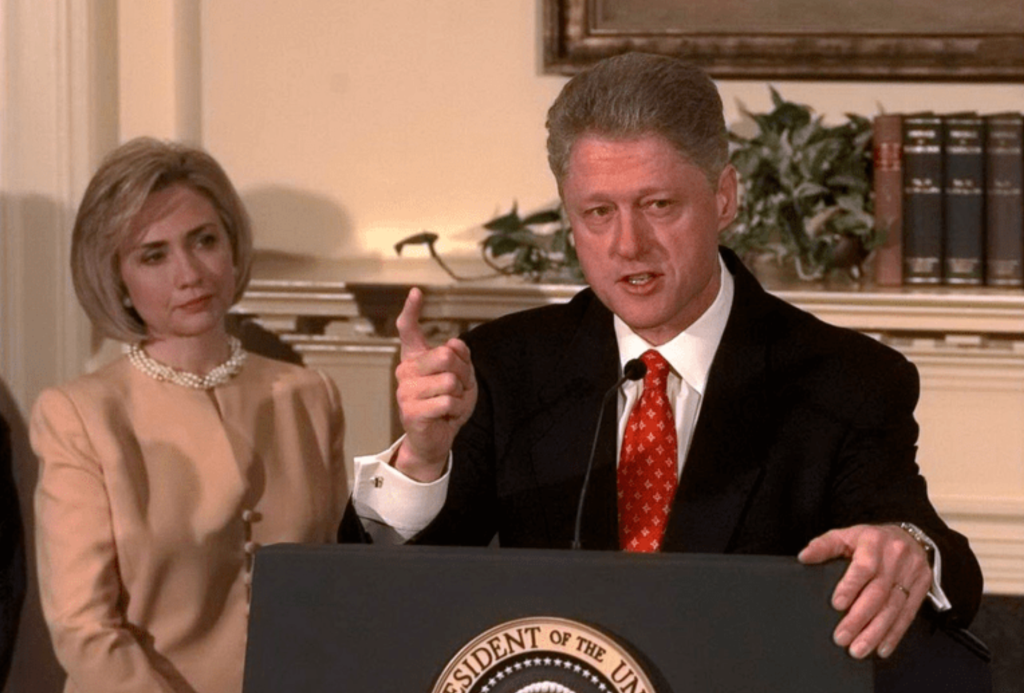

Olasky’s new book makes a radical claim: Character (still) counts
Today, Simon & Schuster publishes a book of mine: Moral Vision: Leadership From George Washington to Joe Biden. It’s a character-driven introduction to American history through studies of nineteen leaders: presidents, almost presidents, a tycoon, a crusading journalist, and even a leading nineteenth-century abortionist. The overall arc opposes today’s textbook tendencies: As big economic and demographic waves roll in, students are learning to submerge the role of individuals beneath history’s tide.
Moral Vision grew out of my sense that history is more than statistics, economics, and group identities. Character counts. Views that grow out of religious belief influence how leaders set political goals, deploy power, and understand public service. Christians aspire to follow Jesus’ teaching in Matthew 20 that “whoever would be great among you must be your servant.” Good leaders aspire to serve the public, not their egos. Often presidents are surrounded by flatterers, but a president who aspires to be a public servant needs to be a person of character.
Almost half a century ago novelist Larry McMurtry wrote, “One seldom, nowadays, hears anyone described as ‘a person of character.’ The concept goes with an ideal of maturity, discipline, and integration.” The absence McMurtry described is even more evident now—yet the character of leaders has made a huge difference in American history. Had George Washington not gained great respect, the American experiment probably would have failed. Had Abraham Lincoln not been resolute, Southern states would still have rebelled and the North would probably have said “good riddance.”
Moral Vision in part expands on my earlier book, The American Leadership Tradition (1999). I’ve added lots of material on race relations to chapters about Washington, Thomas Jefferson, Andrew Jackson, Henry Clay, Lincoln, John D. Rockefeller, Grover Cleveland, both Roosevelts, Woodrow Wilson, John F. Kennedy, and Bill Clinton. Chapters on Harry Truman, Newt Gingrich, Donald Trump, Joe Biden, Madame Restell, and the lead-up to the Trail of Tears are new. Back-to-back chapters on Booker T. Washington and Ida B. Wells show their contrasting views of how to make the United States a less imperfect union.
As I think about Moral Vision in light of our current presidential primary results, I’m confident about the narrative and relevance of twenty-nine of its chapters, yet unsure regarding chapter thirty. In it I quote Ralph Reed, who in January 1999 told CNN viewers, “We desire leaders of character. We desire leaders who can set a moral example for our children.” Reed told ABC viewers that Clinton’s presidency was “enormously frustrating for people who are hungering for moral leadership at the highest level of government.” Yet Reed started working behind the scenes for Donald Trump in 2011 and was instrumental in getting Trump elected in 2016.
What now? Reed acknowledges that when it comes to evangelicals, Trump’s “life hasn’t exemplified our faith [but he] has fought for us.” As a result, evangelicals have “a moral obligation” not only to back him but do it “enthusiastically.” But those making a pact with Trump would have done well to keep in mind the childhood triumph he bragged about in his best-selling book, The Art of the Deal: “borrowing” his younger brother’s blocks and then gluing them together to build a childhood Trump Tower. Now he has borrowed the credibility endorsers gave him and babbled his way to leads in public opinion polls.
For twenty-nine years the reporters of World heard me say “The sky isn’t falling because God holds up the sky.” In that spirit, my last chapter doesn’t scream or rant. It suggests that we not vote for Trump, and—as the Brits say— “keep calm and carry on.” It suggests that our political system, with its hollowed-out parties, is not moving us safely through the valley of the shadow of disaster. But, eight months after writing it, I wonder if that last chapter is too calm. The other chapters show how God has been merciful to the United States in raising up our political princes. We’ve had some disappointments in the Oval Office but not insanity. The next four years may be our hardest since 1861-1865.
Now we know, if we had forgotten, that our only hope is in the Lord.
Marvin Olasky was editor and editor-in-chief of World from 1994 to 2021.